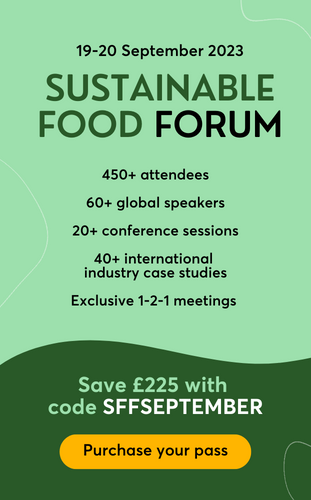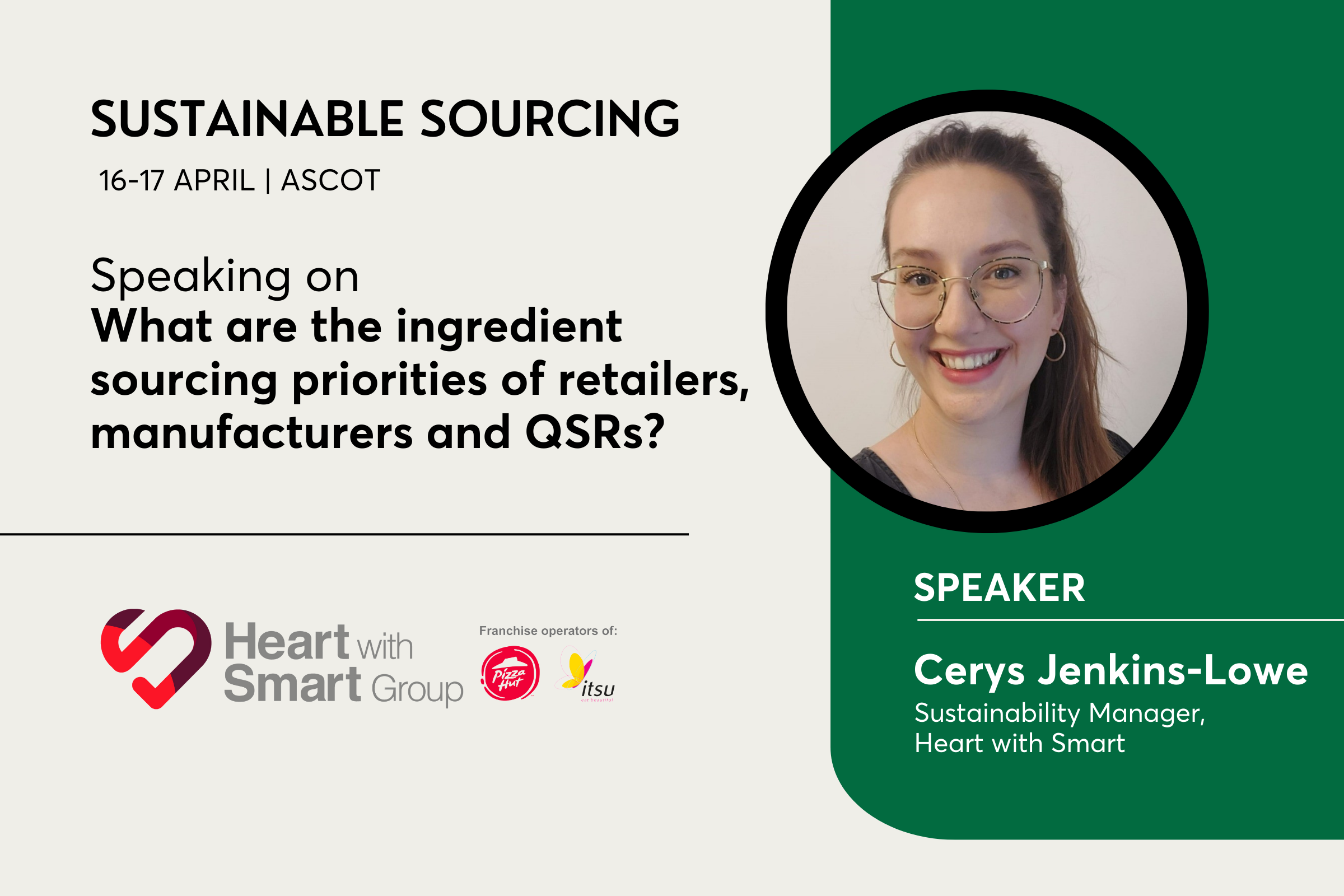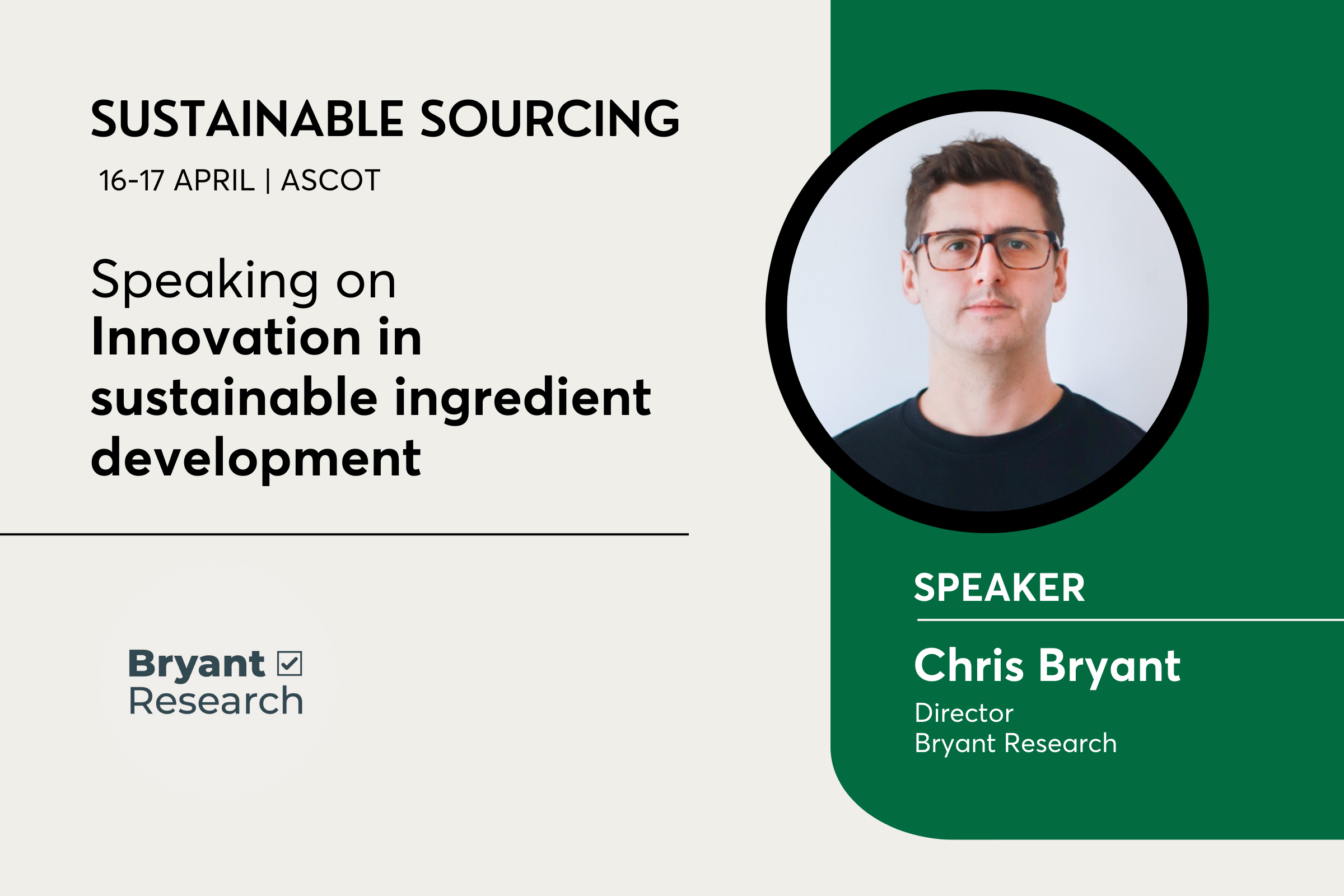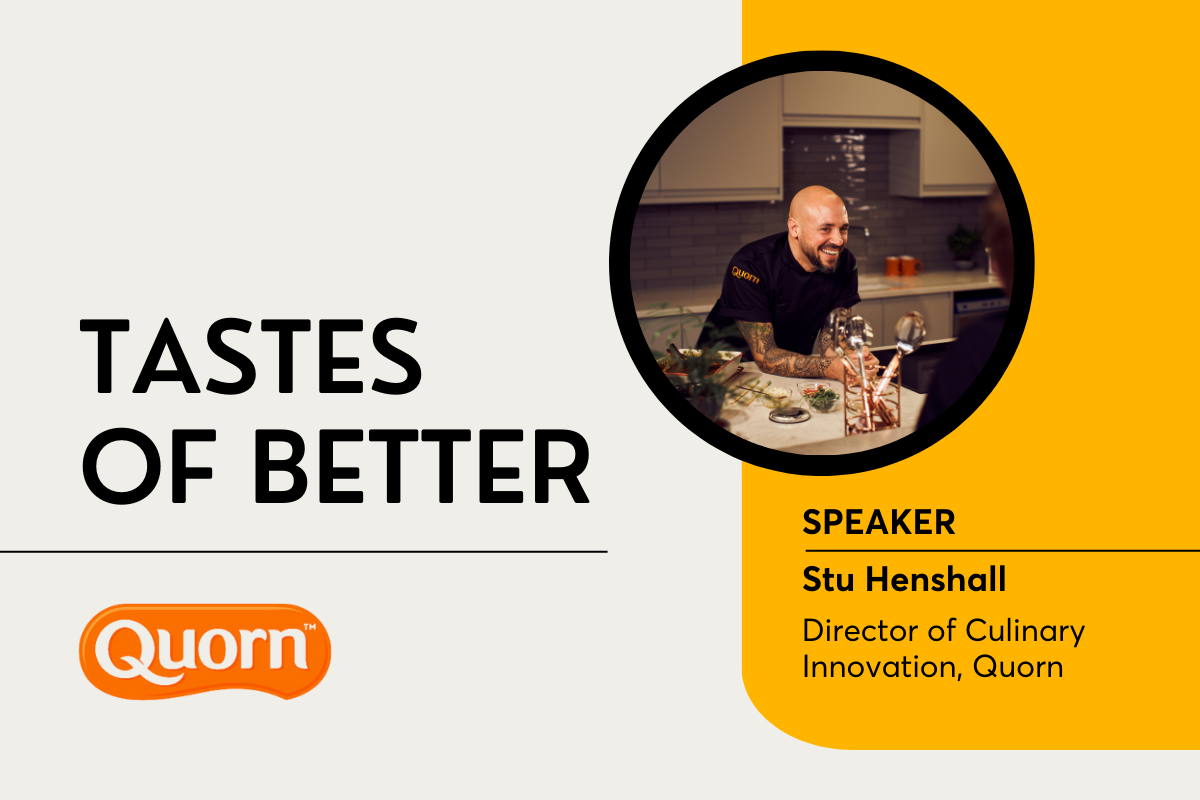“It’s sickening, it’s unbelievable” – Jonathon Porritt fires shots

With perfect timing, just before Jonathon Porritt answers the phone to Food Matters Live Elon Musk starts tweeting about climate change. “Global warming risk is overblown in the short term, but significant in the long term” is the hot tweet from the richest man on the planet. And Porritt, one of the original eco-warriors, is unimpressed.
“He’s a git. Sorry, but I really don’t know how to manage my contempt for many of the contributions he makes to these critical debates. He doesn’t know anything like as much as he thinks he knows. Tell Pakistan that it’s overblown in the short term, when they lose a third of their land for productive purposes because of a climate-induced disaster. Go and tell that to the people of Australia, or people in America who are increasingly affected by storms and wildfires. He’s a plutocrat who thinks he’s much smarter than he actually is. And frankly, he’s a pain in the arse.”
Some consider eco-activists to be a pain in the arse, too. Blocking traffic for days, throwing soup over priceless works of art and supergluing themselves in inconvenient places have unquestionably delivered publicity for their cause, but opinion on their methods is mixed. Extinction Rebellion has recently said it will soften its approach in order to make progress with businesses and government, though splinter groups like Just Stop Oil and Animal Rebellion look set to continue with the headline-generating chaos.

Extinction Rebellion protestors: “I don’t know what else you expect a lot of young people to do”
Extinction Rebellion protestors: “I don’t know what else you expect a lot of young people to do”
“You can’t win with this stuff,” sighs Porritt. “Nothing untoward took place during the Big One and the media didn’t give it any attention, even though 70,000 people were involved over four days. But if Just Stop Oil blocks a road the media is all over it. I think one has to be proportionate in the use of one’s tactics. Some of the disruptive campaigns have definitely alienated lots of people.”
Sickening hypocrisy
That said, Porritt does support Just Stop Oil when it comes to direct action, because “they’re very specific about their campaign ask, it’s just stop oil. It’s getting after the absolute sickening hypocrisy of Rishi Sunak and this government. They say they want to lead on climate issues, then they turn around and say ‘No, we’re going to licence 100 new developments in the North Sea, we’re going to continue to subsidise fossil fuel companies, we can have a new coal mine in Cumbria’. I mean, honestly, it is so sickening. It’s unbelievable. And if you’re a young person and you hear all of that, but you’re also reading the latest in terms of the climate science, I don’t know what else you expect a lot of young people to do. It’s not everybody’s thing to campaign in that way, but a lot of young people look at this deceit and think direct action makes total sense. I think they’re brave, courageous and honest. Things are moving so fast, and the science is so gloomy, they feel that direct action is the only way to go.”
Collectively speaking, as a global industry, this is a totally shocking story which most people genuinely don’t know very much about.
Porritt is 72, and a wise old head in a sea of turbulent eco-activism, but perhaps it’s not surprising that after 40-something years of campaigning at the highest levels, he approves of any eco-messaging that cuts through, however it happens. He wrote his first book, Seeing Green, in 1984 (another ten followed). One chapter focused on food production agriculture, another on land use, because he believes the food and drink industry has always been central to the sustainability debate. Though when asked how things have progressed for the industry since it was published, he gives a rueful chuckle.
“There’s been some progress at the margins. We’ve got a significant number of people and organisations that are committed to producing food in intelligent, fair, and sustainable ways, and there are big, significant movements. We have people campaigning on animal welfare to try and eliminate some of the systemic cruelty in our current livestock production systems. But if you look at the degree to which those big numbers of people have actually shifted the dominant food production system, the answer is that it’s hardly moved at all.”
Devastating
Porritt believes the “big agriculture companies are as complicit in the accelerated destruction of the natural world as the big oil and gas companies are. This is a model of agriculture still dominated by animal protein, or fish protein. There are increasing percentages of plant based protein for sure, but the dominant model is still animal protein, which leads to the abuse of hundreds of millions of hectares of land all around the world to produce the feed that those animals need. And the combined effect of all of that is devastating.”
Outside of the livestock and dairy industries he says “intensive agriculture systems are still using huge amounts of chemicals, fertilisers and pesticides, causing massive damage to the natural world in terms of soil, water and biodiversity, subsidised to the tune of hundreds of billions of dollars every year. It’s incredibly frustrating. I think the majority of people still don’t understand that agriculture today is the biggest single driver of biodiversity loss on the planet. It’s the biggest multiplier of climate risk because of its activities, and the worst driver of poor health through undermining people’s diets. Collectively speaking, as a global industry, this is a totally shocking story which most people genuinely don’t know very much about.”

“I feel very angry about the continuing abuse of 80 billion animals every year that die to produce the so-called cheap meat”
“I feel very angry about the continuing abuse of 80 billion animals every year that die to produce the so-called cheap meat”
A constant source of frustration is that “every year it continues as it was the year before. Most people might be concerned about certain aspects of it, but they don’t really see the juggernaut effect of this on people’s lives and on the planet. I am very angry about a lot of this. I’ve been a patron of Compassion in World Farming for a very long time, and I feel very angry about the continuing abuse of 80 billion animals every year that die to produce the so-called cheap meat that a large part of our diets depend on. I’ll continue to be angry about that, there are abuses in this system that have to be addressed at many different levels. I’m not just a reasoned campaigner trying to shift things, I’ve got a lot of anger.”
Direct and damaging
So how would he change it? If we conjure up a utopian fantasy world where the government acts on the advice of seasoned experts, instead of commissioning authoritative reports then discarding them, what would he do on his first day in charge of UK food?
“The first thing would probably be to implement almost everything in Henry Dimbleby’s report, because that is as good a starting place as I can imagine. A huge amount of time and effort went into it, and it’s a shame the government pretty much ignored it entirely. He had recommendations about reducing meat consumption, and how to use public procurement so that schools, hospitals, prison service and social care would be driven by a set of new guidelines emphasising nutrition. I would be much less permissive than this government is with advertising. I would go after the people who claim to be selling you healthy food when in fact they’re not. And I would think about a strategy to reduce the UK’s dependence on ultra-processed food, which makes up something like 40% of our food consumed in the UK. It’s far more than any other European country and it is having a direct and massively damaging impact on wellbeing and health. So that would be day one.”
It’s straightforward and pragmatic advice, and variations on similar themes have been pushed for years, but tangible progress remains elusive. Why does he think that is?
“I think if you’re a government minister you need to stop bullshitting, which is what they’re all doing at the moment. Most politicians have a foot in two camps, one in the camp that made life work in the past, which was working with big business, and the damage done to the physical environment was seen as an acceptable price to pay for progress. But now they’ve got to get a foot in the new camp, and the new camp is saying, ‘We cannot create progress at the expense of the natural environment any longer’. And it’s uncomfortable having a foot in two camps, they don’t quite know how to extract the foot they’ve got in the old planet-trashing camp, which they lived with for a long time, and shift rapidly into this new world.”
Change is coming
Meanwhile, he says governments are still subsidising “fossil fuels and Big Ag to the tune of hundreds of billions of dollars every year. The vast proportion of which are undermining the goals we have to decarbonise our economies and get ourselves onto a more sustainable food production system. They literally take our money, and stick it right into the kind of business activities that are destroying life on Earth. It’s staggering. This government makes me despair, I have to admit. They are so far off the pace of what they need to be doing to address all of these different issues.”

“Agriculture today is the biggest single driver of biodiversity loss on the planet”
“Agriculture today is the biggest single driver of biodiversity loss on the planet”
He says he does draw “a lot of hope” from existing efforts being made elsewhere, saying “more and more people understand the necessity of change, and they are prepared to play their part in that. I take a bit of hope from business as well. So there’s plenty of reasons to be hopeful, but on a fairly regular basis those reasons are overwhelmed by the sheer paralysing incompetence of government ministers.”
Those ministers include Thérèse Coffey, secretary of state for Environment, Food and Rural Affairs since 25 October 2022, but Porritt hasn’t been impressed by her tenure. “A less well-qualified person to be Secretary for Defra is very hard to imagine. Her neglect of critical policy areas, and her patronising supercilious way of dealing both with farmers and campaigners beggars belief, frankly. She’s a total disaster.”
There is room for some positivity, however. In 2009, Porritt said the combination of efforts by the public and business to become more sustainable made him hopeful for the future. So how does he feel in 2023?
“I’m not optimistic about this,” he cautions. “But I am hopeful that the moment of reckoning is not far off now. It’s impossible to go on concealing the degree to which our natural systems are collapsing in front of our eyes, and as soon as that is made manifest to millions of people, not just the relatively small number of people as is the case today, then change could happen very fast. I see us almost being in rehearsal mode right now, for the changes that will come. And when they do come, they will be very significant.”
Jonathon Porritt will be speaking at the Sustainability Forum, the centrepiece of Food Matters Live’s Sustainability Week. Here is everything you need to know about the event, and how to attend.









